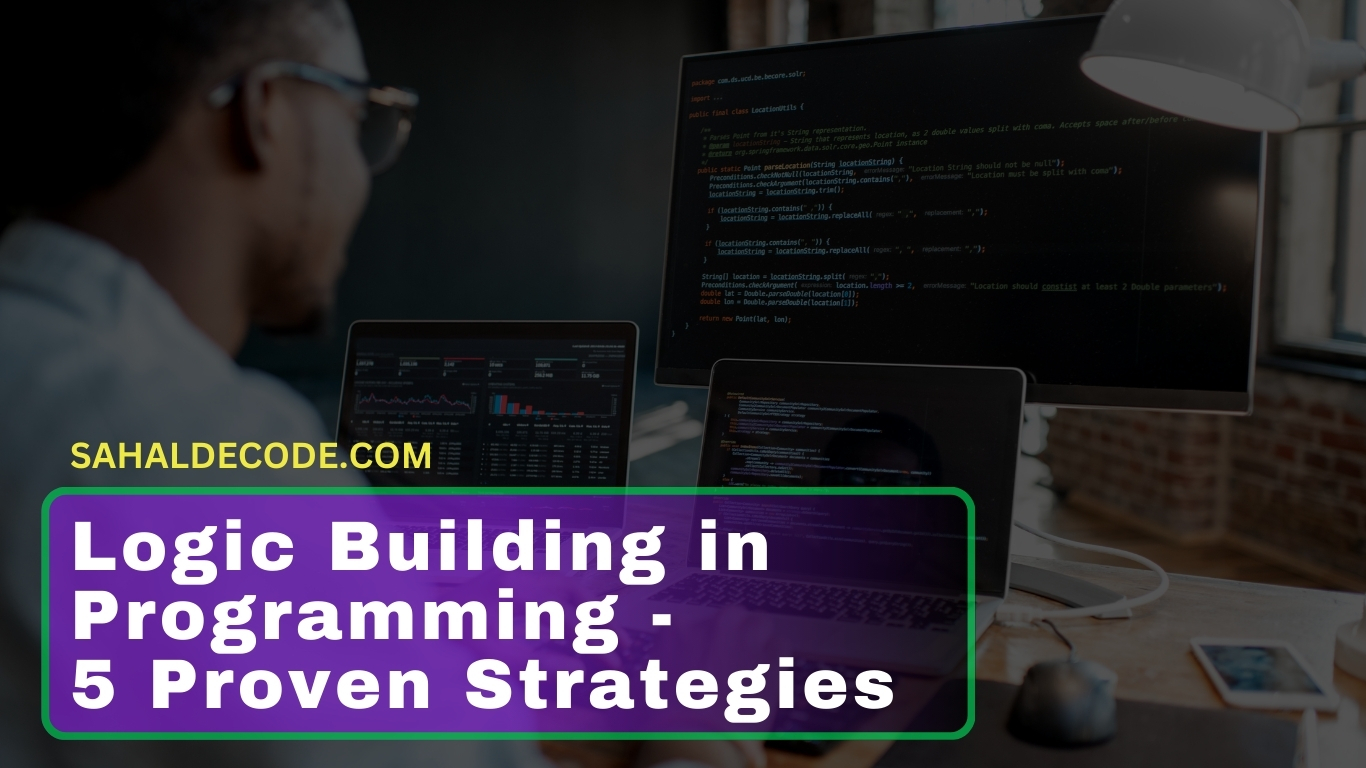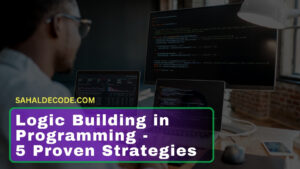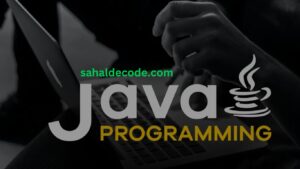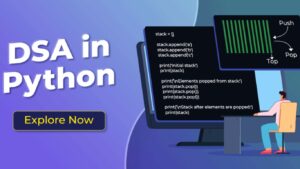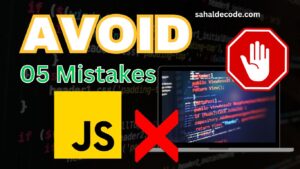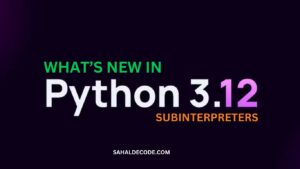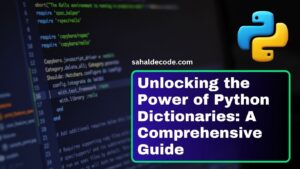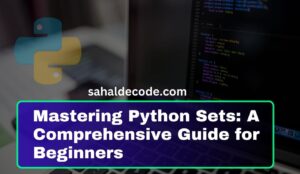Programming is not merely about writing lines of code; it’s about solving problems efficiently and effectively. At the core of programming lies the ability to think logically, break down complex problems, and devise systematic solutions. In this article, we’ll delve into the realm of logic building in programming, exploring five proven strategies to enhance your logical thinking skills and become a better programmer.
1. Introduction to Logic Building in Programming
Before diving into the strategies, let’s understand what logic building in programming entails. Logic building is the process of structuring your thoughts and actions in a systematic way to achieve a desired outcome in programming. It involves breaking down problems into smaller, more manageable parts, identifying patterns, and devising algorithms to solve them.
2. Understanding the Importance of Logic in Programming
Why logic is crucial in programming
Logic forms the foundation of programming. It enables programmers to write efficient code, minimize errors, and optimize performance. Without logic, programs would be chaotic and unreliable. Whether you’re developing a simple script or a complex software application, logic guides every step of the programming process.
Real-world examples of logic in programming
Consider a scenario where you’re developing a weather forecasting application. To predict the weather accurately, you need to analyze various data points such as temperature, humidity, and wind speed. By applying logical reasoning, you can design algorithms that process this data and generate reliable forecasts.
3. Five Proven Strategies for Building Logic in Programming
a. Breaking Down Problems into Smaller Parts
One of the fundamental principles of logic building is breaking down complex problems into smaller, more manageable parts. This approach, known as divide and conquer, allows you to tackle each component individually and then integrate them into a cohesive solution.
b. Flowcharting and Pseudocode
Flowcharting and pseudocode are visual tools that help programmers map out the logic of their algorithms before writing actual code. By sketching out the flow of logic and algorithmic steps, you can identify potential flaws and refine your approach before implementation.
c. Practice, Practice, Practice
Like any skill, logic building in programming requires practice. The more you practice solving problems and writing algorithms, the sharper your logical thinking skills will become. There are numerous online platforms and coding challenges available for honing your logic-building skills.
d. Seeking Feedback and Collaboration
Seeking feedback from peers and collaborating with other programmers can provide valuable insights into alternative approaches and best practices. By engaging in code reviews and collaborative projects, you can learn from others’ experiences and improve your logic building skills.
e. Exploring Different Solutions
There’s often more than one way to solve a programming problem. Exploring different solutions not only broadens your understanding of various algorithms and techniques but also enhances your ability to think creatively and adapt to different scenarios.
4. Applying Logic Building Strategies in Real Projects
To demonstrate the practical application of logic building strategies, let’s consider a real-world example: developing a task management application. By applying the strategies discussed earlier, such as breaking down the problem into smaller tasks and flowcharting the logic of the application, you can design a robust and user-friendly solution.
5. Challenges in Logic Building and How to Overcome Them
Common challenges programmers face in building logic
- Overcomplicating the problem
- Difficulty in identifying the most efficient solution
- Lack of clarity in algorithm design
Tips for overcoming these challenges
- Break down the problem into smaller, more manageable parts
- Consider alternative approaches and seek feedback from peers
- Practice problem-solving regularly to sharpen your logical thinking skills
6. Conclusion
Logic building is a fundamental skill for programmers, enabling them to solve complex problems and write efficient code. By employing the five proven strategies outlined in this article, you can enhance your logical thinking skills and become a more proficient programmer.
FAQs
How long does it take to improve logic-building skills in programming?
Improving logic-building skills in programming varies from person to person. It depends on factors such as prior experience, dedication, and the complexity of the problems tackled. With consistent practice and effort, noticeable improvements can be seen in a matter of weeks to months.
Can logic-building strategies be applied to different programming languages?
Yes, logic-building strategies are applicable across various programming languages. While syntax may differ between languages, the fundamental principles of logic remain consistent. Whether you’re coding in Python, Java, or any other language, the ability to think logically and problem-solve effectively is paramount.
Is there a specific age or background required to learn logic building in programming?
No, there is no specific age or background required to learn logic building in programming. People from diverse backgrounds and of all ages can learn and excel in programming. What matters most is a willingness to learn, practice, and think critically.
Are there any recommended resources for practicing logic building in programming?
There are numerous resources available for practicing logic building in programming. Online platforms such as LeetCode, Codecademy, and HackerRank offer coding challenges and exercises to sharpen your logical thinking skills. Additionally, books and tutorials focusing on algorithms and problem-solving techniques can provide valuable insights.
How can logic-building skills benefit non-programmers?
Logic-building skills are not exclusive to programmers; they are valuable in various aspects of life. The ability to think logically, break down complex problems, and devise systematic solutions is beneficial in fields such as problem-solving, decision-making, and critical thinking. Whether you’re tackling everyday challenges or pursuing a career in a different field, strong logic-building skills can enhance your problem-solving abilities and contribute to your success
